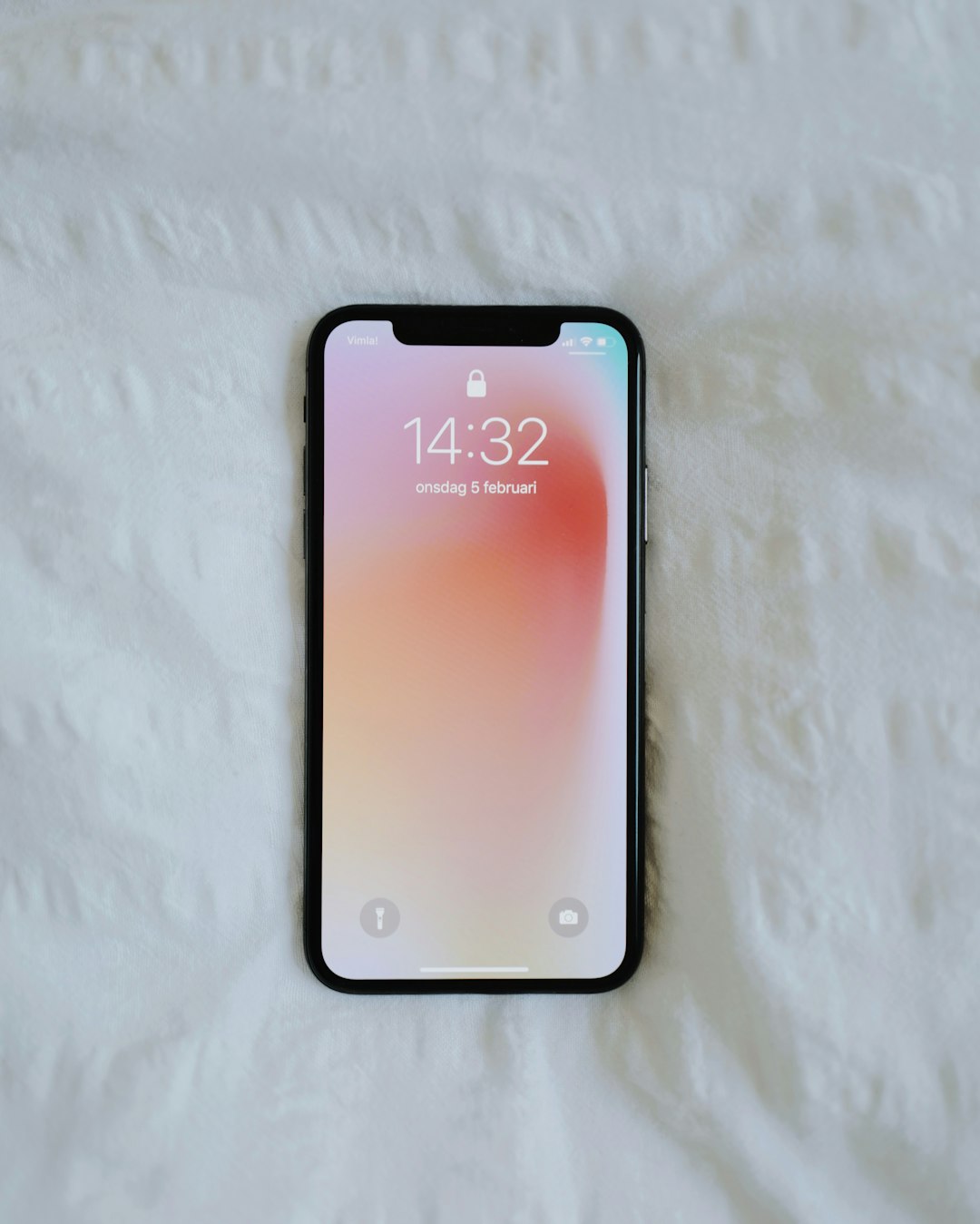Robocalls are common in Waterloo, Iowa, but residents have protections under state and federal laws, including the National Do Not Call Registry. Do Not Call Attorneys in Iowa help navigate these laws, file complaints against harassing calls, and ensure compliance with the Telephone Consumer Protection Act (TCPA). Documenting robocall details and filing FTC or Iowa Attorney General complaints are immediate steps to take. Consulting a Do Not Call Attorney offers targeted assistance for stronger protection against unwanted telemarketing.
“In the digital age, robocalls have become a ubiquitous yet often unwanted part of our daily lives. For Waterloo, Iowa residents, understanding and navigating ‘Do Not Call’ laws is essential to regaining control over their phone lines. This comprehensive guide delves into the world of automated calls, exploring what they are, and most importantly, your rights as a Waterloo resident. Learn about Iowa’s Do Not Call laws and discover how to protect your privacy with the help of a dedicated Do Not Call Attorney in Iowa.”
What Are Robocalls?

Robocalls, a term that has become increasingly prevalent in our digital age, refers to automated telephone calls made using computer-generated voices and advanced dialing software. These pre-recorded messages are often used for marketing purposes, but they can also be a nuisance or even illegal in certain contexts. In Waterloo, Iowa, residents may encounter robocalls from various sources, including telemarketers, political campaigns, and debt collectors.
When individuals receive unwanted robocalls, especially after registering on the National Do Not Call Registry or seeking legal advice from a Do Not Call Attorney Iowa, they often turn to their state’s consumer protection laws for relief. These laws aim to protect citizens from excessive or fraudulent phone marketing practices, ensuring that people have control over their communication preferences and privacy.
Do Not Call Laws in Iowa: Overview

In Iowa, including Waterloo, Do Not Call laws are in place to protect residents from unwanted telemarketing calls. These laws are enforced by the Federal Trade Commission (FTC) and state attorneys general. If a consumer registers their number on the National Do Not Call Registry, they can expect significantly fewer marketing calls within a short time. However, certain types of calls are exempt, such as those from non-profit organizations, government agencies, or if you’ve given explicit consent.
A Do Not Call Attorney in Iowa can help residents navigate these laws and ensure their rights are protected. These legal experts can guide individuals on how to file a complaint with the FTC if they receive robocalls despite being registered on the Do Not Call list. They also assist in understanding the legal implications of making or receiving such calls, helping to maintain a peaceful and less intrusive communication environment in Waterloo and beyond.
Your Rights as a Waterloo Resident

As a resident of Waterloo, Iowa, you have specific rights when it comes to robocalls and telemarketing calls. The Telephone Consumer Protection Act (TCPA) grants consumers powerful tools to protect their privacy and control unwanted calls. One of the most significant defenses for Waterloo residents is the National Do Not Call Registry, which allows individuals to prevent automated calls from specific companies. If you have registered your number on this list, robocallers are prohibited from contacting you unless they obtain prior express consent.
For further protection, consulting a Do Not Call Attorney Iowa can be beneficial. These legal professionals specialize in navigating the complexities of telemarketing laws and can advise you on taking action against persistent or harassing calls. They can guide you through your rights, help draft cease-and-desist letters, and even represent you if a company violates your do-not-call status, ensuring that your rights as a Waterloo resident are respected and upheld.
How to File a Complaint

If you’ve received a robocall in Waterloo, Iowa, and believe it violates the state’s Do Not Call laws, taking action is essential. The first step is to gather evidence; note the caller’s phone number, the date and time of the call, and any details about the message or interaction. This information will be crucial when filing a complaint with the Federal Trade Commission (FTC) or the Iowa Attorney General’s office. Both entities have dedicated resources to combat unwanted robocalls.
For more targeted action, consider consulting a Do Not Call Attorney in Iowa who can guide you through the process and represent your interests if necessary. They can help ensure that your rights are protected and that appropriate measures are taken against the offending caller or company.






